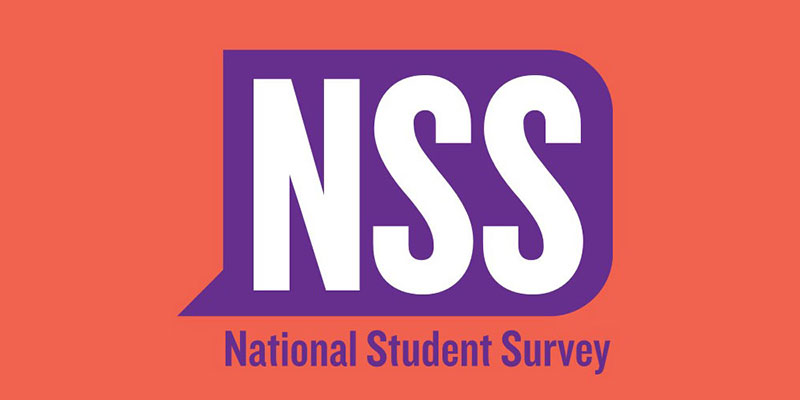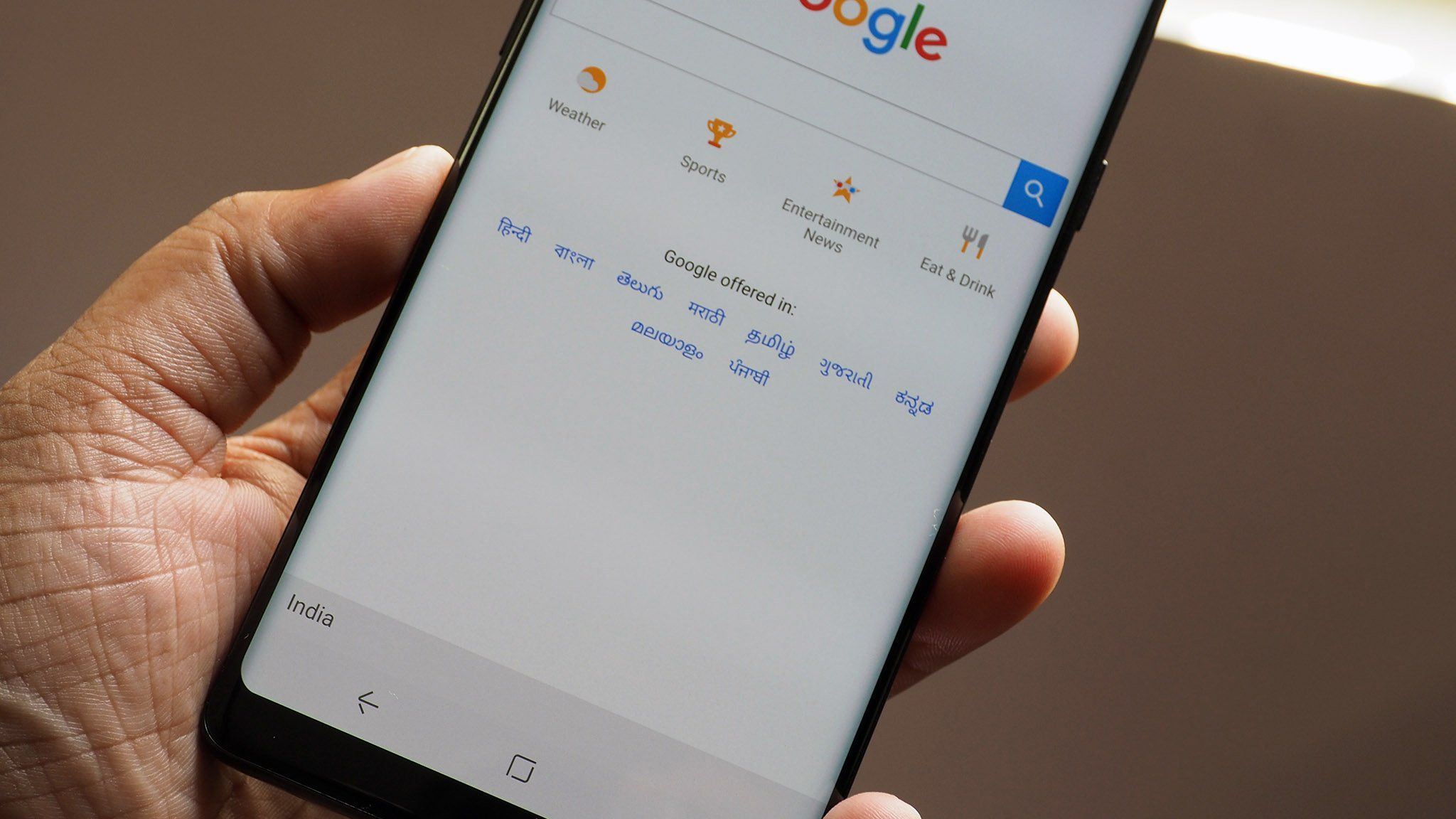 mage Source: Office for Students
mage Source: Office for Students
A new report from the National Sample Survey’s Comprehensive Modular Survey on Education has revealed a striking trend in Delhi’s education landscape: nearly four in ten school students in the national capital are enrolled in private coaching, with families spending more than double the national average on tuition. The findings, part of the 80th round of the NSS conducted between April and June 2025, offer a granular view of how coaching has become a central pillar of academic preparation in Delhi—starting as early as the primary level and peaking at higher secondary.
The survey covered over 52,000 households and nearly 58,000 students across India, using computer-assisted interviews to assess school enrolment, household education expenditure, and coaching participation. Delhi ranked sixth nationally in coaching prevalence, behind Tripura, West Bengal, and Odisha.
Key Highlights From The Survey
- 39.1 percent of Delhi students reported taking or having taken private coaching in the current academic year
- The national average stood at 27 percent, placing Delhi significantly above the norm
- Average annual household expenditure on coaching in Delhi was ₹5,643 per student, compared to ₹2,409 nationally
- At the higher secondary level, Delhi families spent an average of ₹12,891 per student on coaching
- Girls in Delhi were more likely to attend coaching than boys across all education levels
Coaching Trends Across Education Levels
1. Pre-primary: Though based on a smaller sample, 7 percent of Delhi’s youngest students were enrolled in coaching, slightly below the national average of 11.6 percent
2. Primary: 30.2 percent of Delhi’s primary students attended coaching, compared to 22.9 percent nationally. Girls (34.8 percent) outpaced boys (27.3 percent)
3. Middle school: 41.8 percent of Delhi students took coaching, well above the national average of 29.6 percent. Urban boys led at 43.2 percent, followed by girls at 39.3 percent
4. Secondary school: 51.6 percent of Delhi students were enrolled in coaching, compared to 37.8 percent nationally. Girls again led with 54.5 percent versus 48.1 percent for boys
5. Higher secondary: The sharpest spike was observed here, with 59.2 percent of Delhi students in coaching. Urban areas recorded 61 percent participation, while rural Delhi stood at 31.4 percent
Urban-Rural Divide And Gender Disparities
The survey highlighted a clear urban-rural divide in coaching participation. In urban Delhi, 61.8 percent of girls and 60.3 percent of boys at the higher secondary level reported attending coaching. In contrast, rural Delhi showed lower figures—36.3 percent for girls and 28.6 percent for boys.
Across all levels, girls consistently outnumbered boys in coaching enrolment, suggesting a shift in household investment priorities and growing emphasis on academic performance among female students.
Financial Implications And Parental Choices
Delhi households are spending significantly more on coaching than the national average. The cost burden increases with each education level, reflecting the pressure of board exams and competitive entrance tests. At the higher secondary stage, coaching expenses often rival or exceed school fees, indicating a parallel education economy driven by exam-centric preparation.
Parents in Delhi appear to prioritize coaching as a strategic investment, especially in urban areas where competition for college admissions and professional courses is intense. The survey also suggests that coaching is no longer limited to remedial support but has become a mainstream supplement to formal schooling.
Conclusion: Coaching As A Cornerstone Of Delhi’s Academic Strategy
The NSS survey paints a vivid picture of Delhi’s education ecosystem, where private coaching plays a dominant role in shaping student outcomes. With nearly 40 percent of students enrolled and household spending far above national norms, coaching has evolved into a structural feature of academic life in the capital. As policymakers and educators reflect on these findings, the challenge will be to balance quality schooling with equitable access to supplementary learning.
Sources: New Indian Express, Moneycontrol, NewsBytes, Careers360, Kashmir Reader
Advertisement
Advertisement





